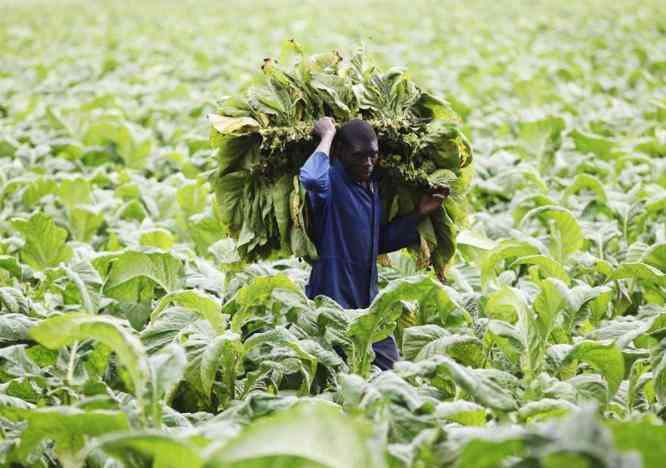
In his interview with the Zimbabwe Independent this week, Liam Philp, new president of the Commercial Farmers Union (CFU), raised important points.
Philp said top on his agenda will be rallying the CFU and other stakeholders to play their part in rebuilding Zimbabwe’s agriculture. This follows many years of turmoil in which many farms have been derelict, and output in some crops has been affected.
Following a tumultuous 24 years in which former white commercial farmers were expelled from farms, and the hostilities that followed, it was important to see that the CFU is ready to work towards economic development.
There are outstanding issues on promises made by government to CFU members affected by agrarian reforms, under the Global Compensation Deed in 2020. As we report elsewhere, these include the payment of the US$3,5 billion settlement, which has fallen behind.
The farmers have also been expecting tranches of relief lifelines to live on while the bigger payouts are being arranged.
But Philp, who did not hide the fact that delayed payments have “frustrated” the farmers, indicates that the broader picture is to develop the agricultural sector. The sector is important, not only for providing food, but feeding an agro-based industry that has had to import raw materials due to shortages on the domestic market.
“We need to work together to create an enabling environment where all farmers can perform to the best of their ability,” Philp said. “A big part of this is reducing the unnecessary stress that farmers today find themselves under.”
He brought out several issues that must be address to make agriculture a viable sector.
- Reflections from the CFU congress
- Tussle for CFU leadership post heats up
- Editorial Comment: Govt must act on farmers’ concerns
- White farmers frustrated as govt fails to honour compensation deal
Keep Reading
In the past year, farmers have been affected by El Niño weather patterns, which are threatening output. While none can control the weather, there are many issues that farmers have raised concerns over, but have not been addressed.
The same issues affect other industries.
Farmers have also not been spared by the tough fiscal policy announced in November, which has already unsettled markets as costs rise. The CFU boss said borrowing costs have been prohibitive.
Like many other businesses, farmers want this issue to be addressed. But apart from the prohibitive cost of capital, accessing funding has been difficult. Many projects have had to be delayed because banks have either been cautious or unable to lend.
Government must take steps to widen the scope of sources from which to borrow. For now, domestic and global markets are all cautious about lending to a market where the national debt has spiralled out of control, and the risk of default is high.
Farmers have also been affected by the power crisis — a perennial problems that government has left to deteriorate with little action.
But farming requires electricity to irrigate crops and carry out other operations. With drought now an ever impending threat, dealing with the power crisis has become imperative.
Zimbabwe must return back to its status as the region’s food basket.
But to do this, strategic planning is imperative.






